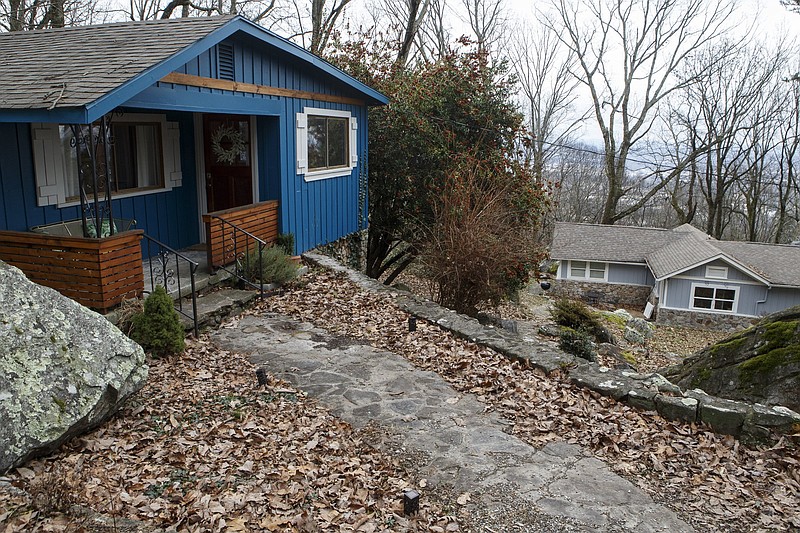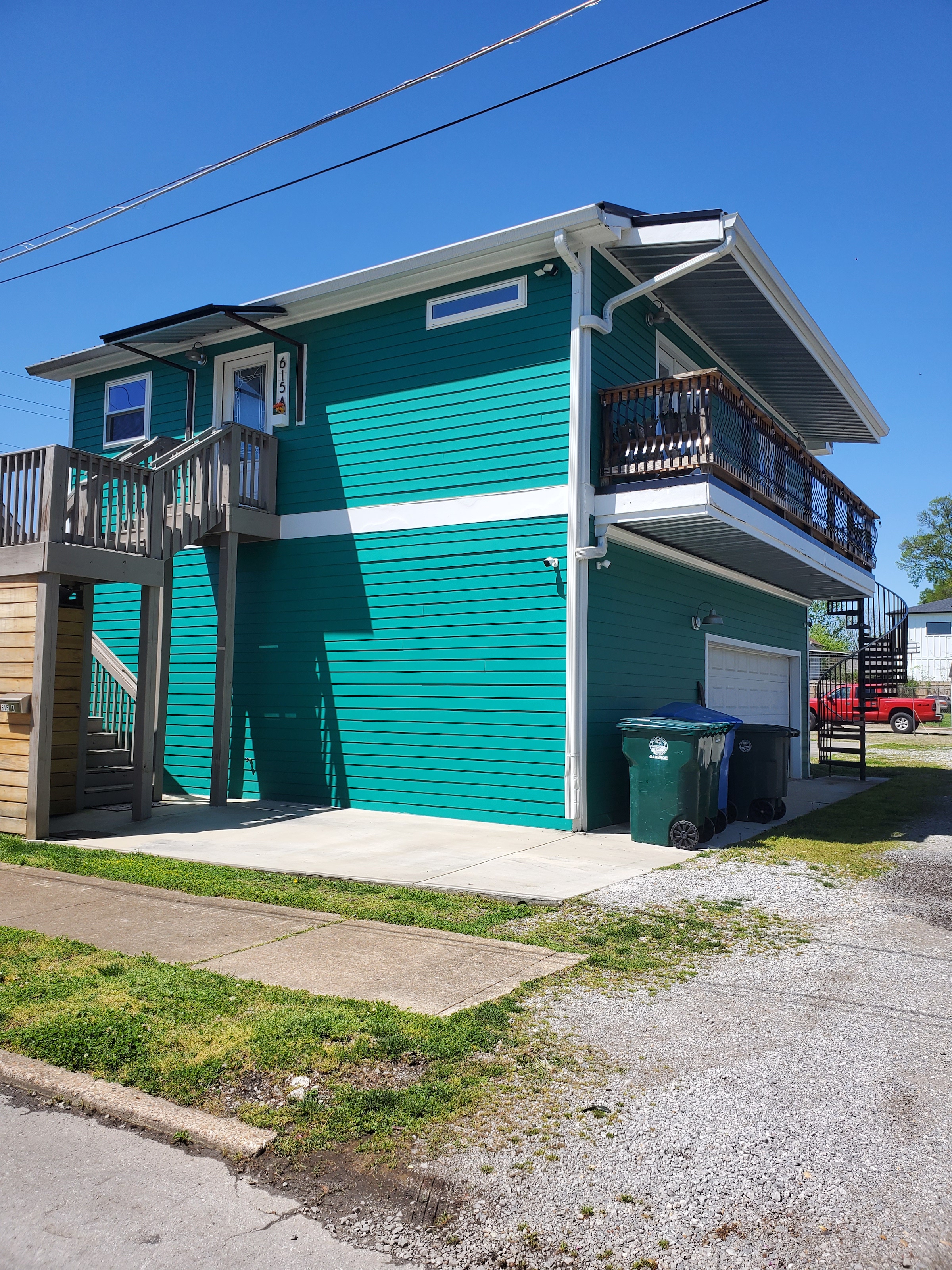Melanie Newton said she and her husband built an accessory dwelling unit above their garage four years ago in downtown Chattanooga's Southside, and it has been occupied since then.
"We literally had someone in it two days before we finished construction," she said in a phone interview.
Chattanooga has less than 100 such units, often called carriage houses or in-law suites, but a plan to legalize more of them has officials believing the proposal can bolster affordable housing efforts.
"That's another piece of the puzzle," Chattanooga Mayor Tim Kelly said in an interview about the measure to help ease worries that the city is on the brink of becoming a place where many can't afford to live.
The units now are legal mostly in the downtown area, but the mayor's proposed ordinance would permit them on single-family lots across Chattanooga under certain conditions.
Accessory dwelling units are often found in a detached structure, atop garages or above or below a principal dwelling. New units under the proposed ordinance must be permanent structures limited to 700 square feet in size. Only one would be permitted per single-family dwelling.
Also, the units must be in a rear or side yard and are limited to two stories high while not exceeding the height of the principal home, according to the planned ordinance.
(READ MORE: $60 million affordable housing complex going up in South Chattanooga)
In addition, existing parking must be maintained or replaced in creating the unit, and the units will need to adhere to the architectural design of the main home, including the facade, building materials, roof and windows.
Kelly said last week he believes the units are an easy way to increase the housing supply in the city.
He said accessory dwelling units "are not terribly controversial," though he admitted some could turn into short-term rental properties.
"If people want to do a short-term vacation property and get a little extra income, that doesn't mess up the housing market," the mayor said. "It doesn't impact the housing market in a negative way."
Chris Anderson, senior adviser to the mayor, said in a phone interview the proposed ordinance was given the OK from the Chattanooga-Hamilton County Regional Planning Commission last week.
Now, the measure will go to the City Council and must gain approval over two meetings before going into effect 14 days after passage or whenever the panel decides, he said.
(READ MORE: Chattanooga-area's housing market unaffordable for many)
Anderson said there's no certain number of units the ordinance is trying to create above the nearly 100 already in existence.
"It's one of many ways we're seeking to solve the affordable housing crisis," he said.
Anderson said he thinks most of the new units would go for multi-generational housing, such as an elderly parent or a child not ready to buy a house.
Currently, accessory dwelling units are permitted where the city's form-based code zoning is in effect, which is essentially the downtown area, he said. Three years ago, when the issue was discussed, some critics cited potential problems related to traffic and safety, particularly on narrow streets in neighborhoods such as North Chattanooga.
Anderson said traffic is always an issue when rezoning is considered.
"The percent of increase on any given street is so minuscule, no one will notice," he said.
(READ MORE: Chattanooga's median home price tops $300,000 for the first time)
The proposed ordinance wouldn't supersede homeowner association rules or historic guidelines as they relate to accessory dwelling units, according to the city.
In terms of short-term rentals, Anderson said the council in March voted to ban such non-owner-occupied units at least until January while that issue is studied.
"We're facing a once-in-a-generation housing crisis," he said. "We need to do everything we can so people won't be priced out of Chattanooga."
Newton said her unit has been leased to a former military man in his 40s who didn't want or need a full-size house. Also, a career-oriented woman in her 50s who also didn't need a large space has rented it, she said.
Newton thinks there's a lot of benefit to the proposal for more of the structures.
"I see the need across all ages and economic statuses," she said, citing people who want to downsize and those who just desire a more modest lifestyle.
With housing costs climbing to record levels and wages failing to keep up, Kelly last month unveiled plans for a $100 million affordable housing initiative over five years.
He said the city plans to put $33 million in "seed" money in the upcoming budget without raising taxes. The remaining two-thirds funding is to be raised working with nonprofit groups, banks, foundations and other entities.
Kelly expects thousands of affordable homes will be created and rehabilitated in what the city is calling the largest such effort in its history. The first projects will see funding by the end of this year the mayor said. He said the effort will involve apartments, single-family homes, duplexes and other housing types across the city.
Contact Mike Pare at mpare@timesfreepress.com or 423-757-6318. Follow him on Twitter @MikePareTFP.

